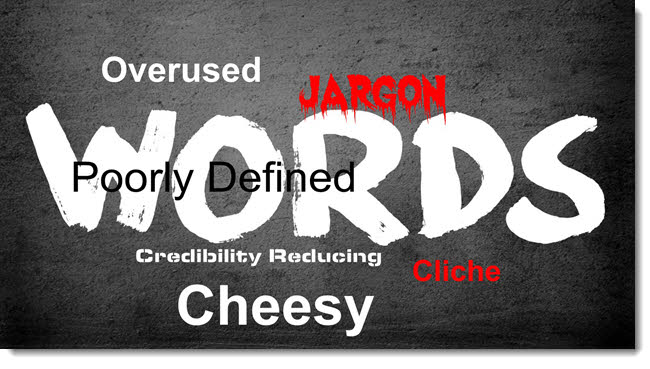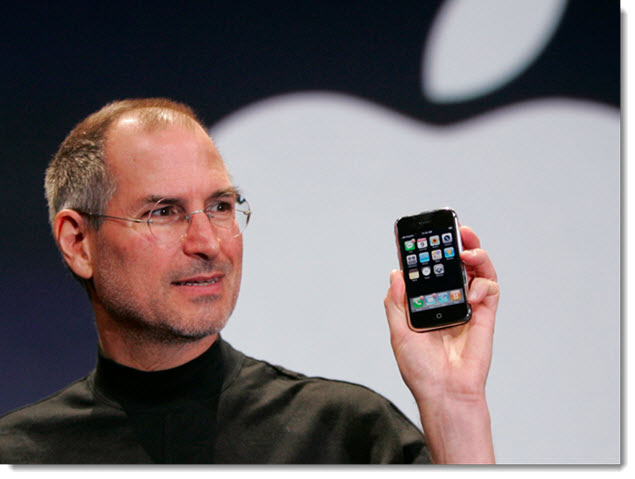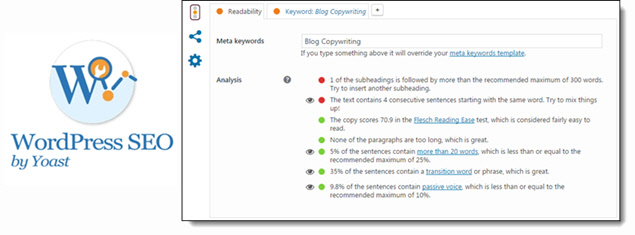Select Your Words with Care
Thinking About Words
Website and Blog Content
 When we write we sometimes add in some extra things that are not needed. We can also add phrases that have become habits and we then use this phrase without giving them much thought.
When we write we sometimes add in some extra things that are not needed. We can also add phrases that have become habits and we then use this phrase without giving them much thought.
Here are some words and phrases that I often see where I wonder what the writer was trying to convey.
Here is my list of words and phrases that indicate to me that not enough thought has gone into using them. Some words are so overused that they can even reduce the credibility of your copy.
Here is what I think:
- You are genuine, helpful and frank.
- You always strive to write excellent copy for your blog.
- You are honest and avoid sales talk. You do not want to use jargon.
Here are some words that you may want to ban from your web copy because they’re overused, meaningless or a tad cheesy.
Market-leading – Which market are you leading? How do you know? Do you have the research to back it up? Even if you are the market leader is this key benefit to your potential clients?
Best-in-class – Unless you have research to prove why you’re the best, you better scrap this phrase. Best also needs to be qualified. The best for some may mean the best price. The best for others may mean the highest quality. It may mean a combination of factors. It is a vague and overstated phrase and perhaps should not be used.
World-class – Really? How do you know? Are you world class like an Olympic record-setting athlete such as Usain Bolt? For your business, it may be too difficult to define or even know.

State-of-the-art and cutting-edge – Does anyone ever state that they may offer a product or service that is out-dated? Does this phrase simply mean you feel you are not behind the times? What does this phrase really mean? If it takes you too long to explain it then don’t use it.
Industry-standard and first-rate – Does anyone ever claim to deliver goods or services that are below industry standards or second-rate? Again, this phrase does not add anything significant to the discussion – avoid it.
Breakthrough – Have you made an important discovery for mankind? This word sounds like an exaggeration to me. Steve Jobs could pull it off with the iPhone as this was a breakthrough and has changed the way to use our phones but this word has been applied to many things that were not breakthroughs.
Next-generation – Were you thinking about going back in time to launch the previous generation? If you think about it the phrase is a bit silly. This is a term which is also overused.
Innovative – When you have to tell us your product or app is innovative, it probably isn’t. Why don’t you simply tell us what it does and how it benefits us.
Revolutionary and pioneering – Were you the first the climb Mount Everest? Or cross the Atlantic Ocean?
Tell your readers exactly what’s new and how they’ll benefit from it. Even with the innovation and the revolutionary aspects of the iPhone Steve Jobs still explained the benefits when he introduced it.

When Apple copywriters created the text to introduce the new camera on the iPhone 5S they described it this way . . .
“A larger sensor allows the individual pixels to get larger. And larger pixels, not more pixels, mean a better picture. So iPhone 5s has an all-new 8MP sensor. One that’s 15 percent larger than before, with pixels measuring 1.5 microns. We also increased the aperture to f/2.2. All that adds up to 33 percent greater light sensitivity. That’s significant because more light gives you better, brighter images with even more accurate colors. And the new True Tone flash intelligently figures out exactly how much light your shot needs.”
Notice how the Apple copywriters present exact numbers to explain the improved light sensitivity of the camera. These facts increase credibility.
But facts don’t speak for themselves, so Apple also tells you why these numbers matter to you: “more light gives you better, brighter images with even more accurate colors“. This translates features into benefits.
When you write your copy use facts and figures but always translate them into benefits. Facts can increase credibility, but benefits sell the idea or the product.
Overdoing superlatives does not work. However, I consider it may be OK in these situations:
Situation 1: You prove you offer the fastest or the best. Quote your sources. Display test results. You can mention specific figures to increase your credibility and use a few tasteful superlatives.
Situation 2: You quote someone else who says your product is the best they ever used. In a testimonial – since this is a quote – if the testimonial has superlatives then leave them in. A testimonial with superlatives can be fine if it includes specific numbers or figures. A testimonial with superlatives and facts and figures can be powerful. If your customers to boast on your behalf and you can use this in your materials then do so. Be careful with flowery sugar-coated testimonials as these can make you lose credibility.
Situation 3: It may also be fine to use a superlative in a question. For example, “Could this be the best SEO service this side of the Connecticut River?” A question makes you sound a little humbler.
When your reader starts to mumble, “Yeah, yeah, yeah” you have started to lose them (or perhaps have lost them). I did this just today when I was listening to a podcast.
This happens when you use obvious terms, such as “quality product.” Have you ever seen a website claiming to offer an average product?
Avoid using phrases that appear to be an opinion or that really don’t define anything. To say something is fast is unclear. A better statement of “fast” is to say the new Boss Mustang goes from 0-60 in 3.2 seconds. People understand “fast” better and use the figure for comparison. If your copywriting is only factual then you will be missing an opportunity.
You can also use language that is unusual and captivating. Bring in feelings and emotion.
Here is a line from the copy from Ford on the new Boss Mustang.
… This is more than simply the best Mustang possible; it’s more like the best M6 BMW never built, a high-revving love letter to a purity of purpose and execution. … It is a bit flowery but it is unusual, makes me feel something and catches my attention. Nothing in this phrase is cliche or overused.

Fast delivery – Again, that word with no real meaning. Customers would rather hear when they can expect your product delivery. Amazon Prime states you will receive free two-day shipping. I know it’s fast but a really no exactly when it will arrive. This is better worded than “fast”.
Superior quality or top quality product – If your product has a high quality, explain exactly why. Is it the material? The manufacturing process?
Excellent customer service – If your service is excellent, tell your readers why. Do you resolve 99% of complaints within one hour? Do you have a no-hassle guarantee? Are your opening hours longer or more convenient than those of your competitor?
Utilize or leverage – In most cases, “use” or “benefit from” is an easier-to-read alternative.
Alleviate – Why not simply “ease” or “heal”?
Web readers are in a hurry.
They have to catch up with their news feed. They want to skim through their latest tweets and blog post RSS feeds quickly. Everyone is busy. Make your text as easy to understand as possible.
Think about how to help your readers. Make your writing easy to read. Don’t slow them down. Help them to be efficient as they learn from you.
Final Tips:
1. If you compose in MS Word then turn on your readability stats. Simply getting a score and to have certain aspects of your writing highlighted will make you a better writer.
2. If you are blogging using a WordPress site then consider using the SEO Plug-In from Yoast. The newest version has a built-in readability analysis tool.
Here is an how the Yoast SEO software analyzed this post. Not too bad with a readability score of over 70.

